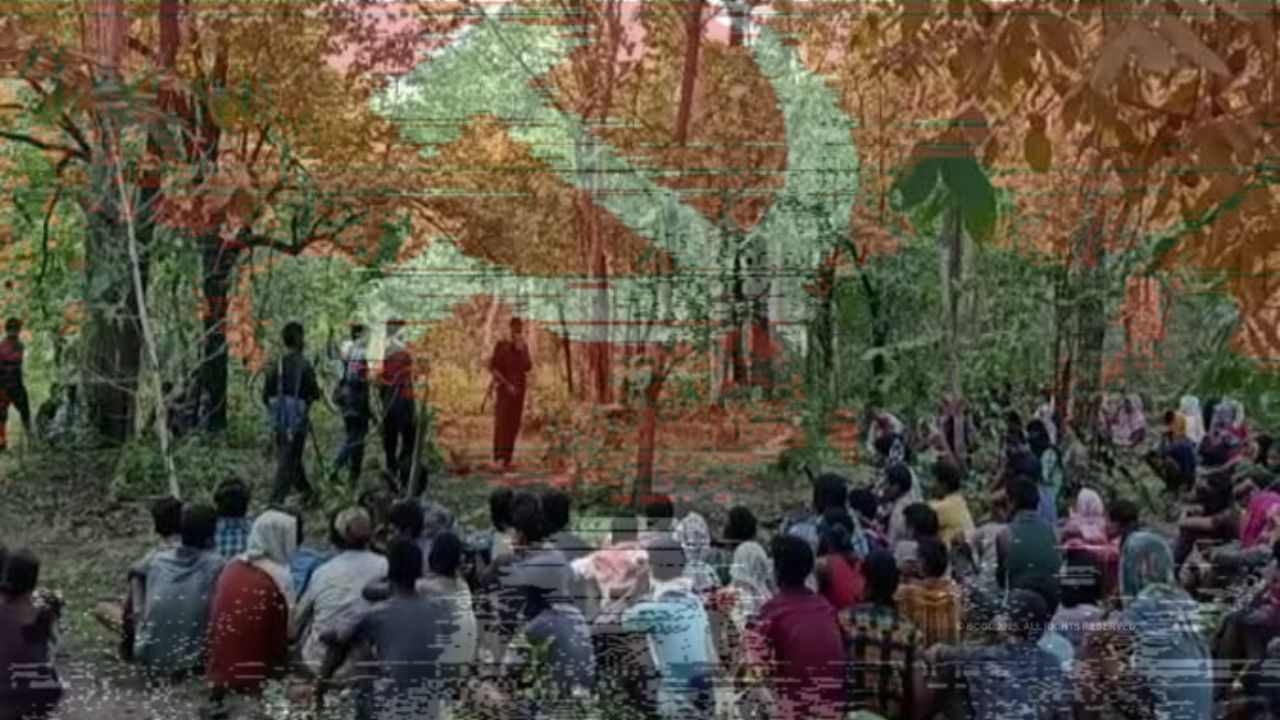Naxal Terror Evicts Families from Their Own Land
In a chilling repeat of their brutality, Naxal terrorists recently forced eight families (more than 17 people) to flee their ancestral homes in Kohkawada and Todma, villages nestled along the Indravati River in Abujhmad. “They’ve made us refugees on our own soil,” says, a tribal woman clutching her grandchildren.

In Bastar, the nightmare of communist terrorism—Naxalism—has turned the lives of ordinary villagers, tribal communities, and farmers into a living hell. Yet, shielded by communist propaganda, this suffering rarely makes national headlines.
In a chilling repeat of their brutality, Naxal terrorists recently forced eight families (more than 17 people) to flee their ancestral homes in Kohkawada and Todma, villages nestled along the Indravati River in Abujhmad. “They’ve made us refugees on our own soil,” says, a tribal woman clutching her grandchildren.
Armed with guns and hypocrisy, 40-50 Maoists stormed these villages in March 2025. They set up a “jan adalat” (kangaroo court)—no lawyers, no evidence, no justice. Accusing the families of being police informers (a baseless charge linked to a recent clash where 38 Naxals were killed), they issued a Taliban-like decree: “Leave or die.”
“They call it a ‘people’s court,’ but it’s just a theater of terror, how dare they judge others when they’re the ones burning schools and murdering farmers?”
Bastar spans 40,000 sq km, yet Naxals have trapped its people in a web of fear. “These terrorists weaponize human rights language to silence criticism.” Where’s the outrage for villagers stripped of their right to live in peace?
Human rights groups, quick to defend Naxals as “misunderstood rebels,” stay silent when tribal families are terrorized. “Why do urban intellectuals romanticize killers who burn ambulances and orphan children?”
As Kohkawada and Todma’s families wander homeless, Bastar’s people ask: “When will the world see Naxalism not as a ‘revolution,’ but as a war on the poor?”
They claim to fight for justice, but their only legacy is mass graves and broken homes. Bastar doesn’t need saviors with guns. It needs peace.


